Index relies entirely on the support of donors and readers to do its work.
Help us keep amplifying censored voices today.
[vc_row][vc_column][vc_single_image image=”120980″ img_size=”full” onclick=”custom_link” link=”https://www.eventbrite.co.uk/e/democracy-at-deaths-door-in-modis-india-tickets-611126414557″][vc_column_text]
As India becomes the world’s largest nation it should be the world’s largest democracy. But was India ever a real democracy? If it was, how is it being threatened under current leader Narendra Modi? And what does the word democracy even mean?
In its 76th year since independence India will go to the polls next year. Modi is hugely popular and is tipped to win. But under his leadership the press, once vibrant, is being strangled, the judiciary is no longer independent, laws have been amended to throw protestors in jail, opposition figures are harassed, and minorities live in fear. While the global attention is focused elsewhere, Indians are fighting to protect their human and civil rights.
What can be done to protect the rights of minorities in India? What will Modi’s priorities be ahead of the 2024 elections? And crucially just how resilient is Indian democracy and is it open to everyone? The newest edition of Index on Censorship magazine explores these questions as we examine the role of free expression in contemporary Indian society. To launch the issue join us for an animated online panel discussion about past, present and future challenges to India’s democracy.
Meet the speakers
Salil Tripathi is an award-winning journalist born in Bombay and living in New York. He has written three works of non-fiction – Offence: The Hindu Case, about Hindu nationalist attacks on free expression, The Colonel Who Would Not Repent, about the war of independence in Bangladesh, and a collection of travel essays. He is writing a book on Gujaratis. More recently, he co-edited (with the artist Shilpa Gupta) an anthology honouring imprisoned poets over the centuries. He has been a correspondent in India and Southeast Asia. He was chair of the Writers in Prison Committee at PEN International and is now a member of its international board. He has studied in India and the United States and lived in the UK.
Dr Maya Tudor is an Associate Professor of Politics and Public Policy at the Blavatnik School of Government at the University of Oxford. She researches the origins of effective and democratic states with a regional focus on South Asia. She is the author of two books, The Promise of Power: The Origins of Democracy in India and Autocracy in Pakistan (2013) and Varieties of Nationalism (with Harris Mylonas, 2023 Forthcoming). She writes for the media on a regular basis, including in Foreign Affairs, Washington Post, New Statesman, The Hindu, India Express, and The Scotsman.
Hanan Zaffar is a journalist and film maker based in South Asia. He reports on Indian minorities and politics. His work has appeared in Time Magazine, VICE, Al Jazeera, DW News, Newsweek, TRT World, Channel 4, Middle East Eye, The Diplomat, and other notable media outlets.
Jemimah Steinfeld is editor-in-chief at Index on Censorship. She has lived and worked in both Shanghai and Beijing where she has written on a wide range of topics, with a particular focus on youth culture, gender and censorship.
[/vc_column_text][/vc_column][/vc_row][vc_row][vc_column][vc_column_text]
[/vc_column_text][/vc_column][/vc_row]
In support of Salman Rushdie, Index on Censorship, English PEN, Article 19, and Humanists UK have invited writers and free speech champions to read excerpts from Rushdie’s writing. Through these videos we invite you to explore Rushdie’s work. We also encourage you to reflect on the significant risks writers across the world face.
On 12 August 2022, novelist Salman Rushdie was stabbed on stage as he was preparing to give a lecture at Chautauqua Institution in New York. The attack has been a shocking reminder of what censorship looks like in practice.
Ayatollah Khomeini issued a fatwa against Rushdie in 1989 following the publication of his novel The Satanic Verses. Rushdie has survived several assassination attempts and death threats. Despite the persistent intimidation, Rushdie continues to write, and he is an outspoken defender of freedom of expression.
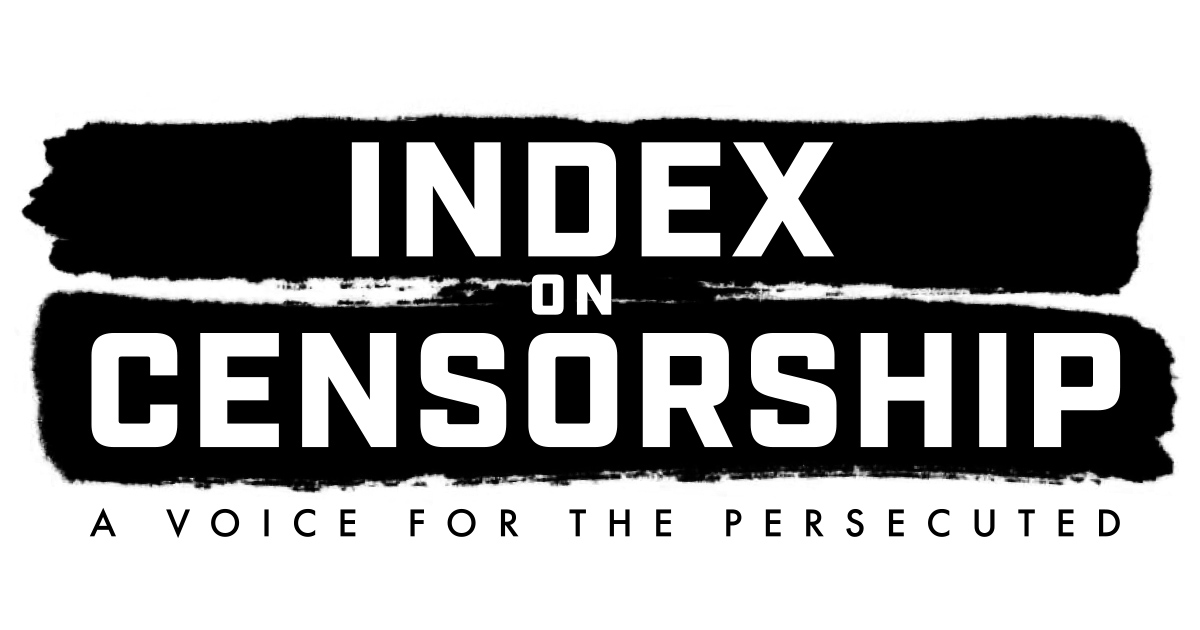
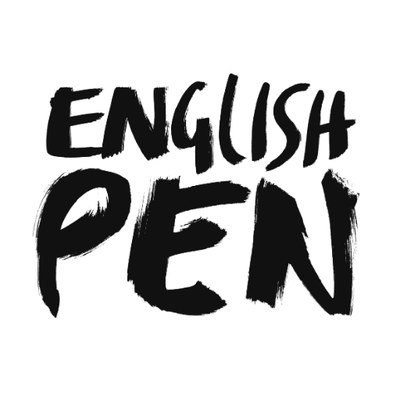
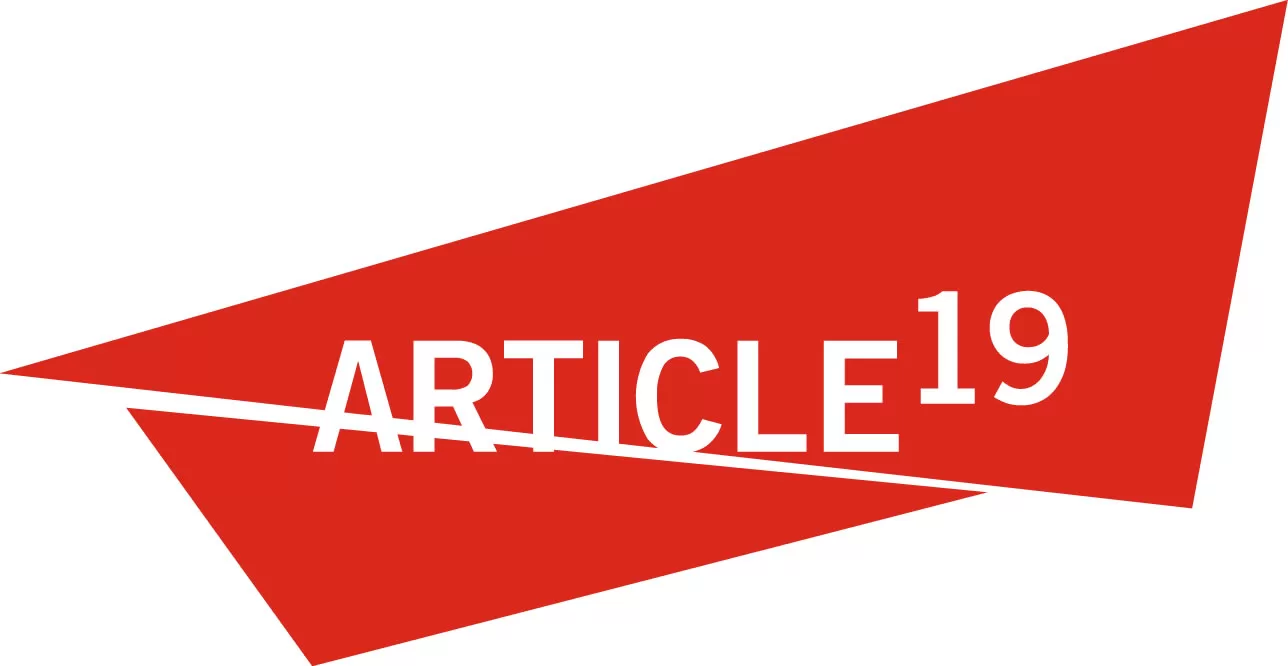

The summer issue of Index magazine concentrated its efforts on the developing situation between Russia and Ukraine and consequential effects around Europe and the world.
We decided to give voice to journalists, artists and dissidents who chose to respond to this ruthless war. At the same time, we didn't forget other attacks on freedoms that haven't been covered around the globe as much as they should.[/vc_column_text][vc_custom_heading text="Up front"][vc_column_text]Joining Ukraine's battle for freedom, by Jemimah Steinfeld: We must stand with the bold and brave against Putin.
The Index: A global tour of free expression, departing from the poll booth and arriving at the journalists reporting under Taliban rule.[/vc_column_text][vc_custom_heading text="Features"][vc_column_text]Fifty years of pride and prejudice, by Peter Tatchell: Following the rise and
corporate fall of London’s march for LGBT rights, will grassroots voices rise again?
India's meaty issue, by Aishwarya Jagani: When a burger comes with a side of oppression.
Cartoon, by Ben Jennings: Art imitates life, caveman style.
My three years of hell in an Uyghur 're-education' camp, by Gulbahar Hatiwaj and Rahima Mahmut: As the world stays silent, hear the truth from inside China’s brutal concentration camps.
One step ahead of the game, by Chen Dan: Media criticism of the Chinese government is all part of the power play.
Welcome to the kingdom of impunity, by Michael Deibert: The landscape is dangerous for journalists in Haiti. Murders and kidnappings are a daily risk.
Politically corrected? By Issa Sikiti da Silva: The banned words the Kenyan
government doesn’t want to hear in this election year.[/vc_column_text][vc_custom_heading text="Special report: The battle for Ukraine"][vc_column_text]Losing battle for truth in Russian lecture halls, by Ilya Matveev: The war has put a new strain on academic freedom. A Russian lecturer laments his lost classroom.
Don't be afraid to say two plus two is four, by Mark Frary and Alla Gutnikova: As a convicted student journalist speaks out for freedom, do Russian dissidents once again face the gulag?
Emotional baggage, by Slavenka Drakulic: How it feels to pack up a life in Ukraine and become a refugee.
Back to the future, by Martin Bright: The world has been turned
upside down for Ukrainian reporters, and this is their new landscape.
On not being shot, by John Sweeney: Amidst the Kremlin-wrought
wreckage, do we need a new era of journalism?
Russia's trojan horse moves closer to Europe, by Viktória Serdult: In Hungary, Putin’s right-hand man and Europe’s right-wing firebrand wins again.
Turkey's newfound russophilia, by Kaya Genç: Putinism is seeping into Turkey, and it spells trouble for future freedoms.
Divided by age and a tv screen, by Hanna Komar: How do you make sure your
family see the truth when they’re blinded by Kremlin propaganda? A Belarus activist speaks out.
Culture in the cross hairs, by Andrey Kurkov: Decades after Soviet rule, Ukrainian culture is once again under threat, as are the lives behind the creative expression.
Bordering on media control, by Kseniya Tarasevich: False information about
Ukraine finds fertile breeding ground in Poland.
Treat tragedies of the Ukraine war with dignity, by Olesya Khromeychuk: The grieving hearts left behind when death becomes news fodder.
Worth a gamble, by Jemimah Steinfeld: When telling the truth is a crime, turn to a criminal spam operation.[/vc_column_text][vc_custom_heading text="Comment"][vc_column_text]
Cancel Putin, not culture, by Maria Sorenson: Banning Russian artists assumes
that they are all collaborators of the Russian state and goes against artistic freedoms.
Beware the 'civilisation' battle, by Emily Couch: Why Europe must reject
anti-Asian racism to fully stand with Ukraine.
The silent minority, by Ruth Smeeth: A tribute to those whose work never saw the light of day.[/vc_column_text][vc_custom_heading text="Culture"][vc_column_text]'The light is no longer the light it used to be', by Lyuba Yakimchuk: The poet on children being indoctrinated and the elderly disorientated in Russia-occupied Ukraine.
A cassandra worth heeding, by Dominic Cavendish: Murdered Russian journalist
Anna Politkovskaya, whose dispatches from Chechnya should be put in the spotlight.
Poetic injustice, by Stephen Komarnyckyj: History is repeating itself
on the pages penned by Ukrainian writers.
Banking on Russia's poetic spirit, by Maria Bloshteyn and Yulia Fridman: A “piggy bank” of Russian poetry is fighting on the right side of Putin’s war.
Metaphors and madness, by Eduardo Halfon: In Guatemala, truth is best expressed through fiction.
Metal shows its mettle, by Guilherme Osinski: A heavy metal band labelled
“satanic” by Iran is free from prison and taking back the microphone.
America's coming crucible, by Jo-Ann Mort: Women in the USA might soon be in the dark about their own bodies.
In the summer 2022 issue of Index on Censorship, people across the spectrum talk about the corrosive effect of the war in Ukraine on freedoms. Viktoria Sedult, a journalist in Hungary, writes about how Europe’s most right-wing leader, Prime Minister Viktor Orbán, used fears of being embroiled in the war to secure a resounding electoral victory. Hanna Komar, an activist from Belarus, tells how she is desperately trying to challenge her parents on the lies they see on their TV. We give space to Ukrainian writers and artists, with a moving essay from Andrey Kurkov on how today, as in the past, Russia is trying to erase Ukraine’s culture, and a discussion with the poet Lyuba Yumichuk on children in Donbas being fed an alternative history. We publish the court statement from student journalist Alla Gutnikova, one of the Doxa Four sentenced to two years’ “correctional labour” in April, alongside an interview with her. Ilya Matveev, a Russian academic, writes about the incredibly difficult environment in his St Petersburg classroom, which eventually led him to flee. And we spotlight the amazing ways people are fighting back.
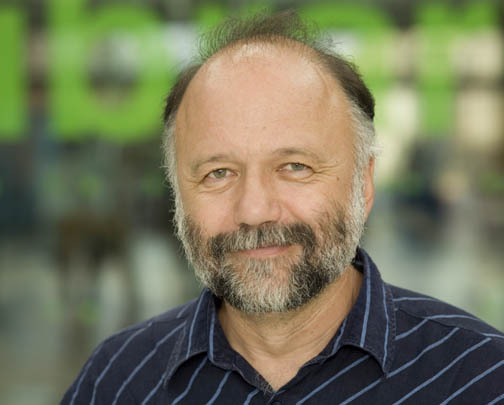
Andrey Kurkov is an Ukrainian author who has written about 20 documentary, fiction and TV movie scripts and also 19 novels, including the bestseller Death and the Penguin. Read More

Andrey Kurkov is an Ukrainian author who has written about 20 documentary, fiction and TV movie scripts and also 19 novels, including the bestseller Death and the Penguin.
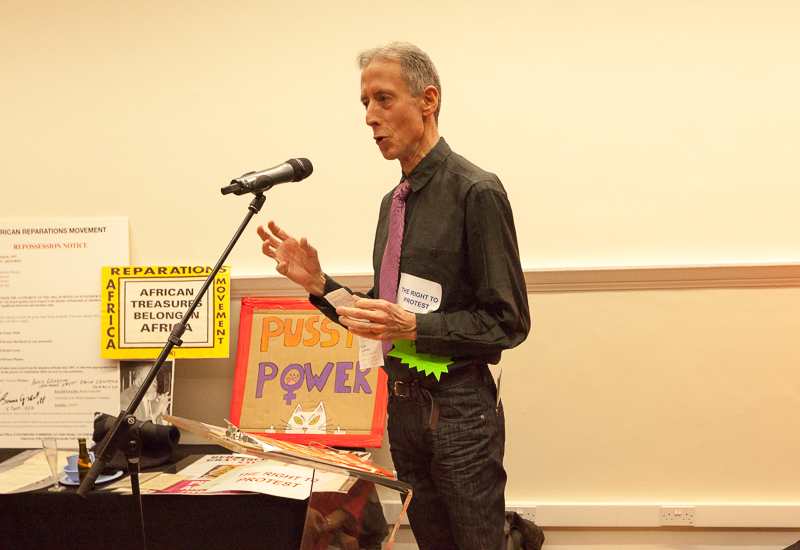
Peter Tatchell is the director of human rights organisation the Peter Tatchell Foundation and highly acknowledged for his work with the LGBT movement.

Peter Tatchell is the director of human rights organisation the Peter Tatchell Foundation and highly acknowledged for his work with the LGBT movement.
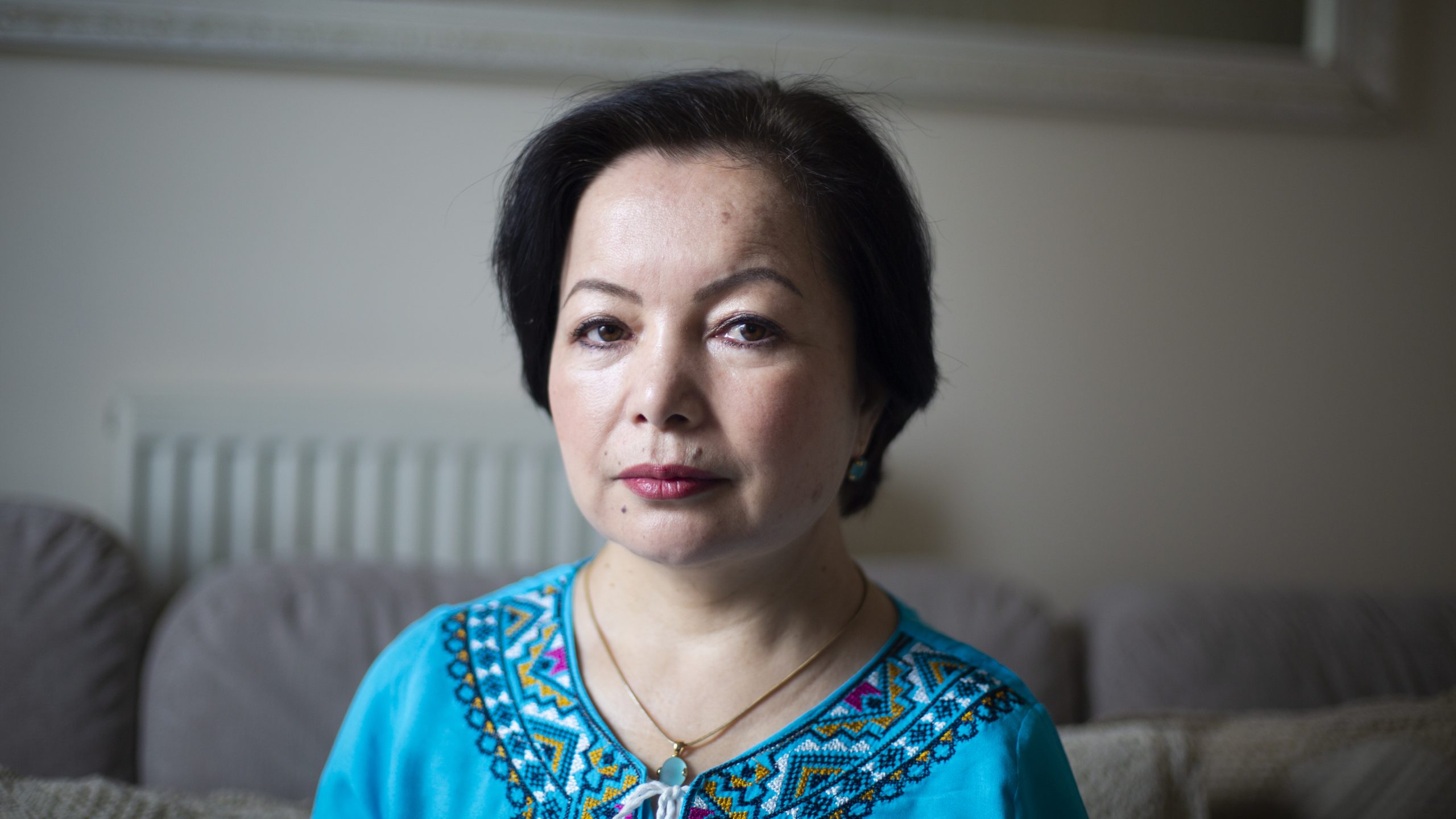
Rahima Mahmut is the director of the World Uyghur Congress (UK) and Adviser to the Inter-Parliamentary Alliance on China.

Rahima Mahmut is the director of the World Uyghur Congress (UK) and Adviser to the Inter-Parliamentary Alliance on China.